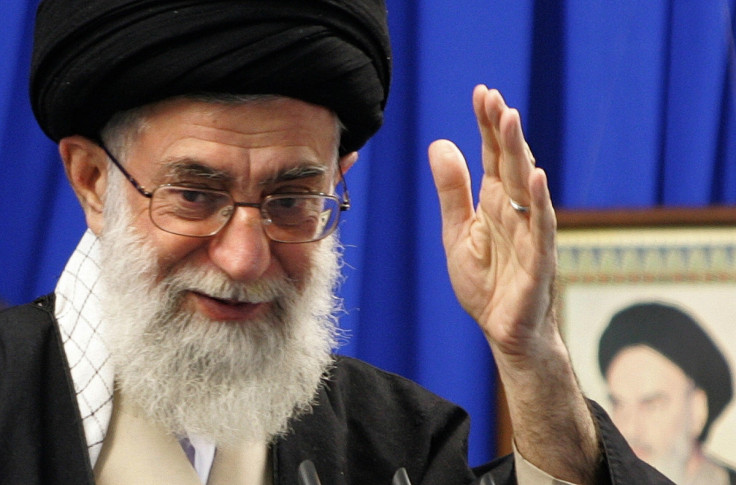Iran elections 2016: Campaigns begin as 6,000 people barred from standing

Election campaigns are under way in Iran, where two sets of elections that could shape the future of the Islamic Republic are set to take place later in February.
The Islamic Consultative Assembly elections on 26 February will see more than 6,300 candidates attempting to win just 290 available seats, while the 86-member Assembly of Experts elections held on the same day could have a hand in choosing the country's next supreme leader.
A week of campaigning for Majlis is now under way, with thousands of people gathering in Tehran on 18 February as a coalition of reformists officially launched their campaigns, despite many reformist candidates barred from standing.
Candidates wishing to stand for either election are initially vetted by the Guardian Council before being allowed to stand, with an initial 12,123 candidates for the Majlis cut down by almost half to 6,300 before campaigning had begun.
Similarly, of 810 candidates for the Assembly of Experts elections just 165 have been approved, with none of the 16 women who applied for candidacy permitted to stand, despite no rule stating women cannot be in the assembly.
However, to date there has been just one female member elected to the Assembly of Experts, with just 8% of the Majlis made up of women and 586 women approved as Majlis candidates this year.
Clerics sitting on the Assembly of Experts take responsibility for choosing and supervising the supreme leader, which, given Ayatollah Khamenei's age and fragile health, could see the clerics elected at this election steering Iran's political and social course over their eight-year term.
Given the potential importance of the Assembly of Experts elections, and the number of people rejected as candidates by the GC, whose members are chosen by the Supreme Leader, tensions are already running high.
That coupled with the presidential election set for 2017 has created clear lines between moderates and hardliners, with moderates already concerned the GC's blocking of so many candidates may be an attempt to sideline them.
Such an action, as well as highlighting any cracks within the regime, would also place Western powers keen to capitalise on the recent lifting of sanctions on Iran in a more troubling position if moderates failed to win a reasonable share of seats.
Disagreements also abound on how best to maintain the current regime, with factions split on what the regime's future should look like; again putting pressure on the outcome of the elections.
© Copyright IBTimes 2025. All rights reserved.






















